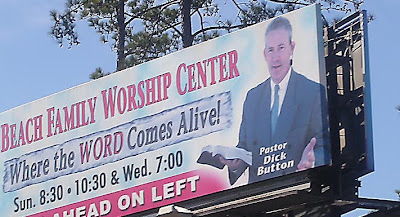I’ve spent some time reading reputable authors who have made space for religious experience to be valid, and space for our hearts to be organs of understanding as much as our minds.
This is important because I use my mind, not my experiences or feelings, to understand these writers – and yet, the point of my understanding has been to make intellectual space for religion. I grew up mostly in ecstatic faith, where powerful feelings, speaking in tongues and all varieties of allegedly supernatural experience happened.
Why use the mind to make space for the non-rational? Most people have probably heard Blaise Pascal’s saying: “The heart has its reasons which reason cannot know. We feel it in a thousand ways.” Pascal, a French philosopher, said that in the 1600s, yet some people still see that perspective as valid. In the early 1900s, Hungarian chemist-turned-philosopher Michael Polanyi wrote, “We know more than we can tell and we can know nothing without relying upon those things which we may not be able to tell.”
Polanyi’s present-day advocates point out that our ability to pedal a bicycle down the street is not dependent on our ability to academically describe the physics, mechanics and physiology of what’s happening. Some theologians have speculated that Polanyi’s defense of “personal knowledge” and “tacit knowing” could explain something of how the heart perceives God.
The Swiss theologian Emil Brunner, once chosen for to deliver the prestigious Gifford Lectures, put an existentialist spin on our ability to know something about God. Brunner said if you sincerely, desperately seek to know if God is there, “the anguished question bears witness that you know.”
So maybe there is something intellectually solid about considering the experiences others have, or one’s own experience, with God. Yet any confidence I have of this today comes from reading the intellectual cases for it all in books. I have books, and what they teach me, to focus on – not ecstatic experience. Books and sound thoughts protect me from wild, unreliable perceptions and intuitions.
I like Rudolf Otto’s explanation of the human sense of mysterium tremendum – of the ineffable, unapproachable, awe-inspiring, sometimes terrifying Other – as long as I’m just reading about it. Otto’s book The Idea of the Holy was one of ten favorite books of C.S. Lewis, who also wrote about mysterium tremendum. I might have a flicker of that sense once in a while, when I’m looking up at a million unexplainable, glimmering stars. Pascal wrote, “Reason’s last step is the recognition that there are an infinite number of things beyond it.” Well said, but I don’t want to go to a church where everyone is trying to conjure up mysterium tremendum with dancing, shouting, speaking in tongues, and feelings that God is leading them to speak. Books and rituals for me.














![Validate my Atom 1.0 feed [Valid Atom 1.0]](valid-atom.png)
